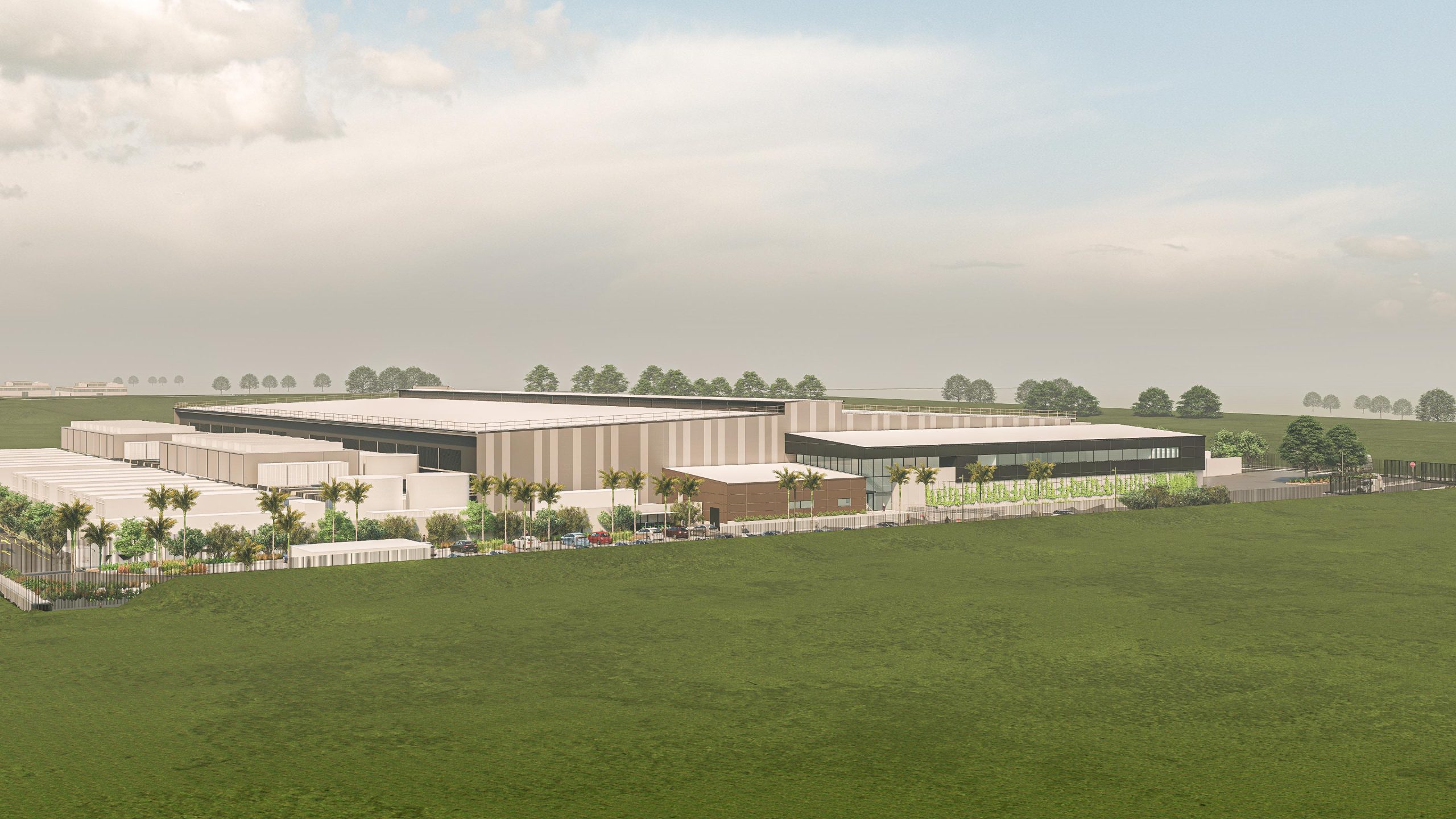Spark has agreed to sell a 75 percent stake in its data centre business to Australian private equity investor Pacific Equity Partners (PEP), valuing the portfolio at NZD 705 million. Spark will receive NZD 486 million upfront, with an additional NZD 98 million payable upon achieving defined performance targets by the end of 2027. The funding comes from PEP’s Secure Asset Fund, known for backing infrastructure growth platforms.
The operator plans to use the proceeds to reduce group net debt while ensuring funding for Spark’s ambitious 130 MW data centre expansion pipeline. Spark CEO Jolie Hodson said the deal “realises value for our data centre assets in the short term, while also continuing to participate in the growing market” via the company’s 25 percent retained stake.
The data centre assets and operations will be transferred into a new standalone entity, provisionally dubbed “DC Co”, which will feature its own board, management team, and debt facilities. This new entity will begin with over 23 MW of operational capacity across 11 sites nationwide, with expansions already planned – most notably a greenfield facility on Auckland’s North Shore and further developments at Takanini in South Auckland. The North Shore project, first revealed earlier this year, is pitched as one of the most advanced facilities in the country, targeting demand from hyperscalers, AI workloads, and cloud providers.
This transaction is expected to close by 31 December 2025, pending regulatory approvals including from the Overseas Investment Office.
Pivot point
The timing of the sale is a reflection more on Spark needing to turn around parts of its business including its enterprise and government division, which has been impacted by spending cuts and mobile fleet reductions across Government and businesses. In February, Spark chair Justine Smyth said the operator was facing “one of the longest and deepest recessionary periods in recent history”.
Since then, the operator has signed major partnerships with Microsoft and Nokia as it looks to trim costs – its new operating model is expected to deliver a net labour and opex reduction of NZD 80-100 million in FY25, and NZD 110-140 million of annualised benefits by FY27.
However, global trends are starting to shine a more favourable light on New Zealand’s data centre market. Legal group MinterEllisonRuddWatts recently examined the local market and was optimistic about its prospects. They found that against a backdrop of capacity constraints and rising costs in traditional data centre hubs across North America and Europe, global investors are turning to New Zealand.
The country’s offering – a high renewable energy mix, improving international connectivity, regulatory stability, and a receptive banking sector – makes it a compelling alternative for sustainable digital infrastructure investment. The local data centre market is projected to generate over USD 1.37 billion in revenue in 2025, growing at an estimated compound annual rate of 5.23 percent through 2029, according to the legal firm’s report.
New Zealand benefits from having around 85 percent of electricity generated from renewable sources – hydro, wind, geothermal, and emerging solar – providing a strong ESG advantage for data centre developers. Its temperate climate further offers a natural cooling edge, reducing reliance on energy-intensive mechanical systems and improving operational efficiency.
This renewable foundation, combined with enhanced submarine cable connectivity, positions New Zealand to serve AI-ready infrastructure and real-time applications more reliably. The government’s infrastructure reforms, like overhauling the Resource Management Act and refining foreign investment rules, also aim to streamline consenting processes and attract high-quality offshore capital, further sweetening the climate for infrastructure expansion.
Event details: Sydney International Convention Centre, 21 August 2025, 8:00am–8:30pm.
Register here: https://clouddatacenter.events/events/sydney-cloud-datacenter-convention-2025/

